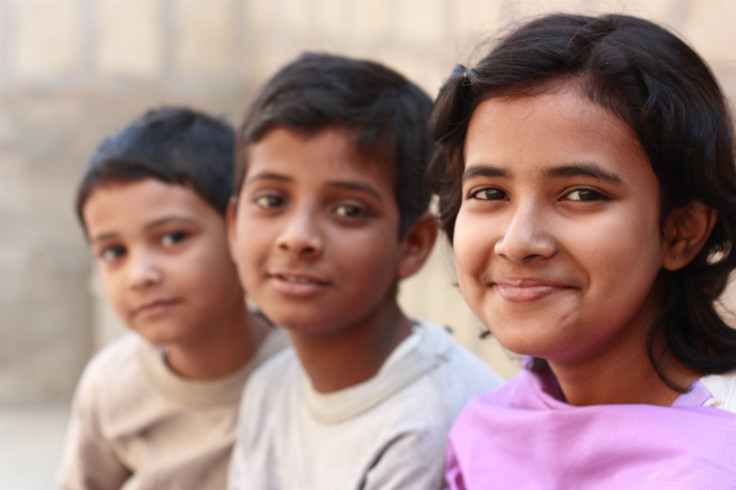WHO Declares India Polio-Free After No Reports Of The Disease In The Region For 3 Years

In the war of Man vs. Virus, mankind has won a major battle today by successfully eradicating the polio virus in India. The World Health Organization (WHO) announced Thursday that by not having a reported case of polio in India for three years, the country has reached eradication status. Now the entire Southeast Asian region is officially labelled free of the virus. Seeing as India is the second most populated country in the world, and a quarter of the world’s population lives in the Southeast Asian region, this is a huge step toward the eventual goal of the worldwide eradication of polio.
India was the last country in the Southeast Asian region to have a recorded case of polio in 2011. This makes 2014 three years since India’s last case. Other countries such as Sri Lanka, the Maldives, and Bhutan have been polio-free for nearly 15 years but were waiting for India in order to declare the entire region virus-free.
According to Time, eradication in India has been difficult due to the country’s high-density population and poor sanitation. In 2009, India was home to almost half of all the world’s polio cases. Thanks to the hard work and dedication of the health workers in the area, even the country’s hardest to reach and vulnerable children were able to be vaccinated against the virus. “South-East Asia’s remarkable achievement in ending polio was made possible by unprecedented commitment from governments to hold high-quality vaccination campaigns,” WHO’s Regional Certification Commission said in a statement. The Indian government, United Nations organizations, celebrities, and religious leaders also had a hand to play in the eradication achievement.
Polio is a devastating virus that causes paralysis and eventually death in its victims. In 1988, an estimated 350,000 children or more were paralyzed by the virus. The World Health Assembly then began efforts to eradicate the illness by raising awareness for the use of the vaccine on an international scale. Now a total of 80 percent of the world lives in regions that the WHO has labeled polio-free.
The efforts to end polio also helped instill important health practices in this area. Immunization for polio helped to increase the immunization against other preventable diseases such as measles, neonatal tetanus, and Japanese encephalitis. “Ending polio in these countries forged strong systems that are being used to advance other health priorities,” the commission said in a statement.



























